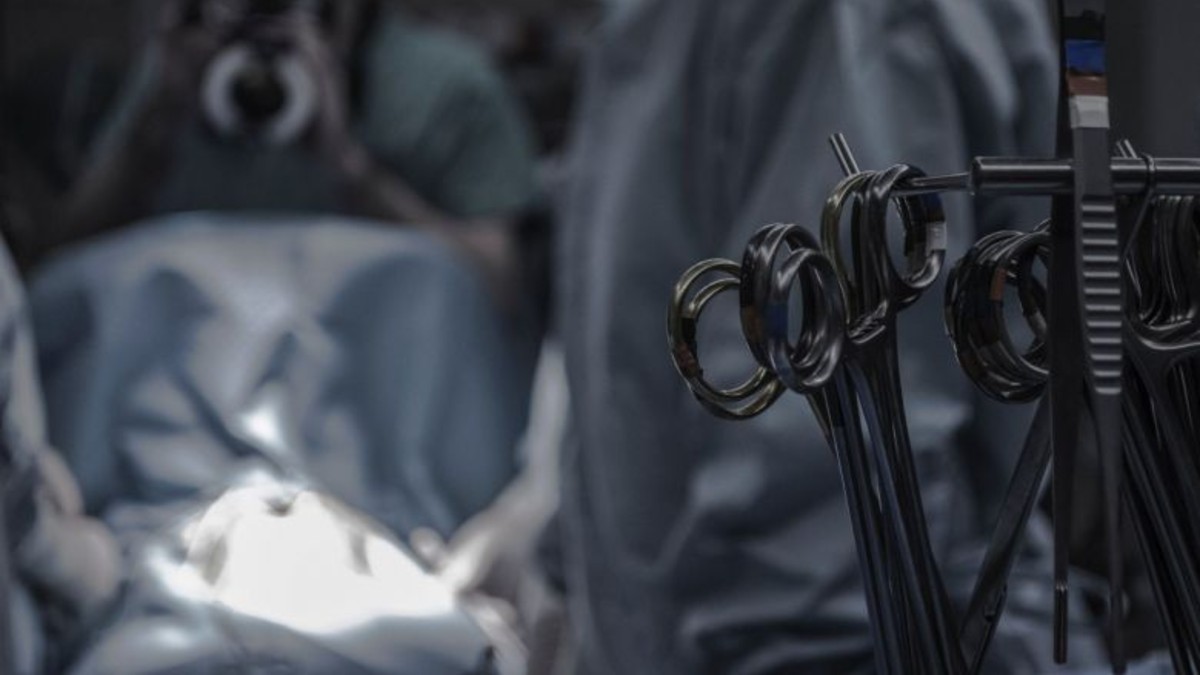
Testicle transplant opens up new medical markets
Transgenders interested in new type of surgery
A Serbian-US surgical team transplanted a testicle from an identical twin to a 36-year-old man born without testes in December.
The surgery was performed at the University Children’s Clinic in Belgrade. Because they have the same genetic make-up, there will be no need for the recipient to take immune-suppressant drugs.
The surgeons were unable to connect the vas deferens, which transports sperm out of the testicles. If the recipient would like to father children, it might be possible to do this later. Sperm could also be harvested from the testicle or the twin’s sperm could be used.
This is the third operation of its kind. The first was performed in 1978. But with changing social mores, the possibilities opened up by the surgery are immense. As the New York Times points out, it “has implications for wounded soldiers, accident victims, cancer patients and those undergoing sex reassignment”.
Dr Branko Bojovic, a surgeon at Harvard Medical School, and a member of the transplant team, said that there is a lot of interest amongst female-to-male transgenders who are considering sex reassignment surgery. A penis and testicle transplant is more appealing than shaping a phallus from tissue taken from one’s forearm or thigh or back.
Furthermore, as the lead surgeon, Dr Miroslav Djordjevic, pointed out to the Times, it could be more economical. “We have to do this as soon as possible, to stop putting healthy organs in the garbage,” he said.
There are, of course, significant ethical complications flowing from this operation.
“Then the offspring is technically whose child?” asked Dr. Ko, who is also chief medical officer at St. Elizabeth’s Hospital in Boston. “It raises much debate in the literature of medical ethics.”
Last year, when surgeons at Johns Hopkins Hospital transplanted a penis, scrotum and other tissue to a young soldier who had been maimed in combat, they deliberately left out the testicles. The idea that he might father children who were genetically someone else’s was considered unacceptable.
Michael Cook is the editor of BioEdge
Creative commons
https://www.bioedge.org/images/2008images/FB_fh-surgery-07_(1).jpg
transplant ethics
transplant surgery
